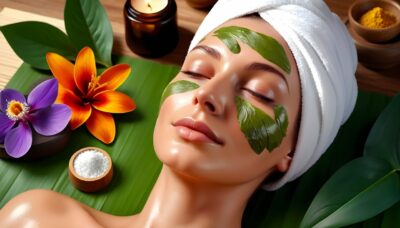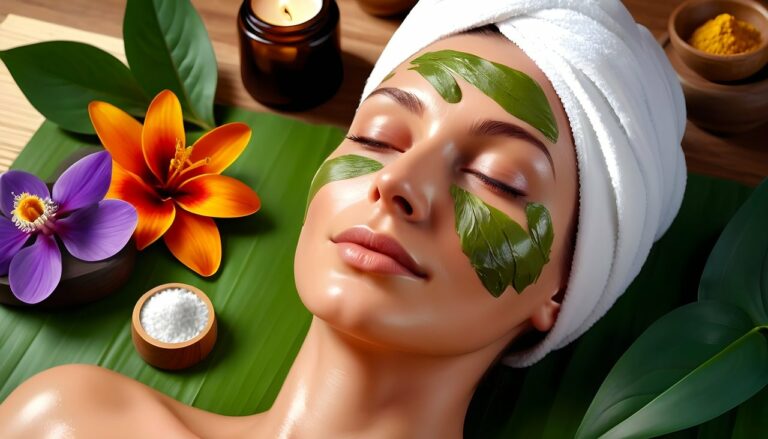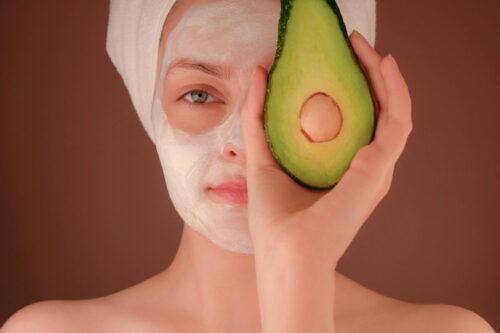
Skincare is not just a routine; it’s a commitment to your skin’s health and beauty. In an age where environmental stressors, hectic schedules, and countless beauty products abound, understanding how to care for your skin is more essential than ever. Whether you’re a seasoned skincare enthusiast or a curious beginner, this guide will help you navigate the world of skincare, debunk myths, and unlock the secret to a radiant complexion.


Understanding Your Skin Type
Knowing your skin type is the foundation of effective skincare. Here are the four main types:
Normal Skin: Balanced, neither too oily nor too dry, and not prone to sensitivity.
Oily Skin: Characterized by excess sebum production, leading to shine and enlarged pores.
Dry Skin: Lacks moisture, often feeling tight, rough, or flaky.
Combination Skin: A mix of oily and dry areas, commonly with an oily T-zone (forehead, nose, chin) and dry cheeks.
The Basics of a Skincare Routine
A good skincare routine can be broken down into three simple steps:
Cleansing: Removes dirt, oil, and makeup. Opt for a gentle cleanser that suits your skin type.
Moisturizing: Keeps your skin hydrated and locks in moisture. Choose lightweight gels for oily skin and richer creams for dry skin.
Sunscreen: The holy grail of skincare. Apply a broad-spectrum SPF 30 or higher every morning, rain or shine.
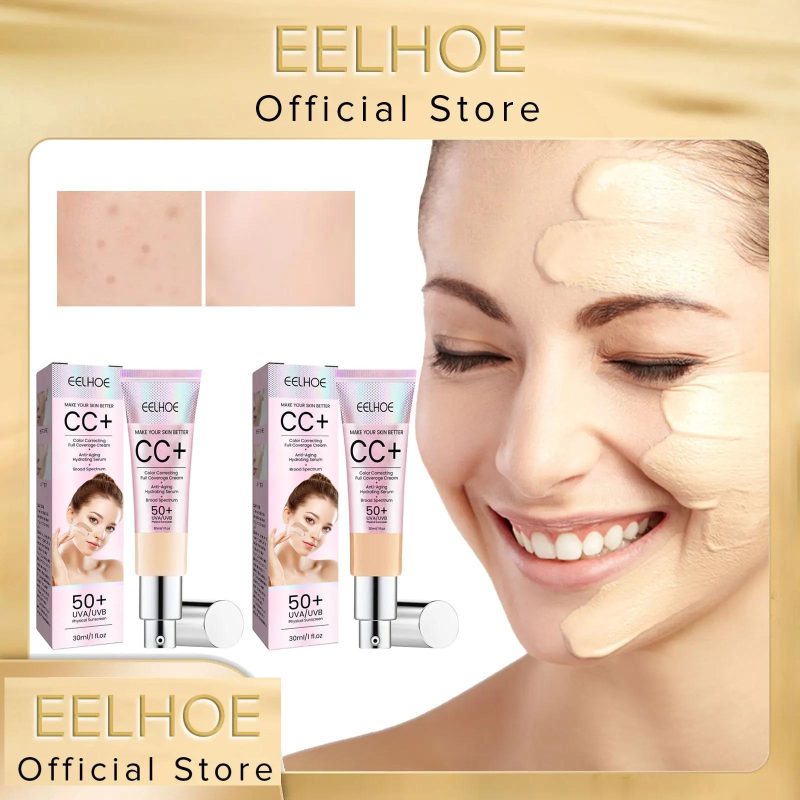

Advanced Skincare Tips
To take your skincare to the next level, consider these additions:
Exfoliation: Use a chemical exfoliant like AHAs (for dry skin) or BHAs (for oily skin) 2-3 times a week to remove dead skin cells and promote cell turnover.
Serums: Packed with active ingredients like Vitamin C, hyaluronic acid, or niacinamide, serums target specific concerns like hyperpigmentation or fine lines.
Face Masks: Treat yourself to a mask weekly to deeply cleanse, hydrate, or brighten your skin.
Skincare Myths to Avoid
Myth: Expensive products are always better. Truth: The efficacy of a product depends on its ingredients, not its price tag.
Myth: Oily skin doesn’t need moisturizer. Truth: Skipping moisturizer can cause your skin to produce even more oil.
Myth: Natural products are always safe. Truth: Natural doesn’t mean non-irritating; patch-test new products to avoid adverse reactions.


Healthy skin is a reflection of overall wellness, and achieving it requires consistency, patience, and a tailored approach. Invest in understanding your skin’s unique needs, and remember: skincare is not just about looking good; it’s about feeling confident in your skin.
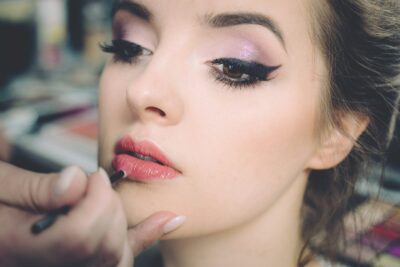
Previous Post
Mastering the Art of Makeup
Next Post
Unveiling the Fountain of Youth
